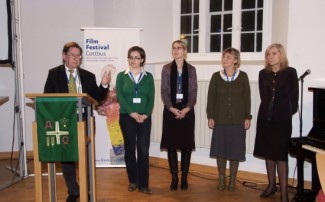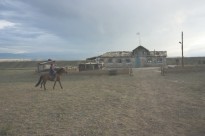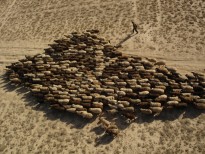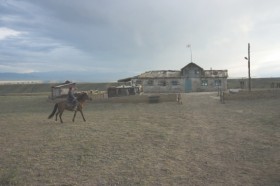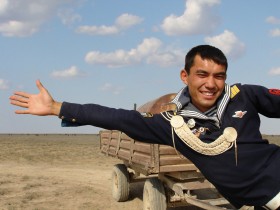The film tells the story of a young doctor who practices in the Russian steppe and is confronted by a number of challenges, fates and sufferings. The shabby farmyard where he lives and works seems to be the last outpost of civilisation in a desolate area deprived from nearly any official support. In impressively calm and vast shots relating the human figure to a magnificent but apparently godforsaken landscape hostile to man the story of the protagonist serves to explore the fundaments of human existence. Apart from material conditions the importance of solidarity and – by being confronted with death but also with “miracles” – spiritual questions get into focus: about God, but foremost about how a meaningful, satisfying, even happy life can be achieved even under hardest external circumstances. The film leaves a deep impression not only by his concentrated as well as overwhelmingly beautiful visual language but also by a storytelling which combines demanding issues with admirable calmness and even droll humour.
Dikoe polje also received the Award of the International Film Ciritics Association (FIPRESCI) and a Commendation by the International Festival Jury.

